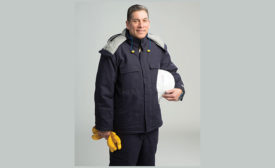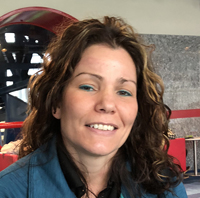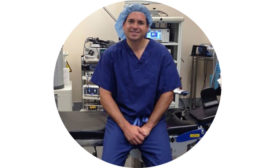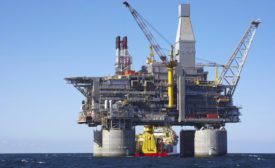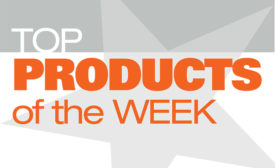Featured on Home Page
4 steps for building an AR/FR winter layering system
Start with the basics
December 6, 2018
50 predictions for the EHS world in 2030
How programs will evolve. What won’t change.
December 4, 2018
Actively caring for people’s safety
The crucial difference between “caring” & “acting”
December 4, 2018
How to overcome ergonomic challenges of manual welding guns
Take a Load Off
December 4, 2018
Medical insights on hand injuries
Gloves mitigate the risks of crushes, pinching, blows & burns
December 4, 2018
Assessing floor safety
It’s tricky measuring traction to prevent slips, trips & falls
December 4, 2018
From the NIOSH Director:
Advancing oil and gas workplace safety and health research
December 4, 2018
Don’t gamble with reproductive health
Outdated thinking: Naive women will remain silent
December 3, 2018
Become a Leader in Safety Culture
Build your knowledge with ISHN, covering key safety, health and industrial hygiene news, products, and trends.
JOIN TODAYCopyright ©2025. All Rights Reserved BNP Media.
Design, CMS, Hosting & Web Development :: ePublishing

